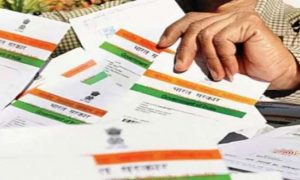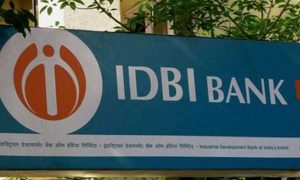The revised interest rate will be implemented for the period from March 22, 2023, to September 21, 2023.
The Reserve Bank of India recently notified changes in the interest rate on floating rate bonds (FRBs) and the same has been increased to 8.51% per annum. The revised interest rate will be implemented for the six month period from March 22, 2023, to September 21, 2023.
In a press release issued on March 21, the central bank said that FRB 2033 bears a coupon with a base rate equivalent to the weighted average yield (WAY) of the recent three auctions form the rate fixing day (March 22) of 182-day T-bills and an additional fixed spread of 1.22%.
Read More: IRCTC Cancels THESE Trains Today, March 24; Check Full List Here
What is a floating rate bond?
A debt document with a variable interest rate is known as a floating-rate note (FRN) or floating-rate bond. An FRB’s interest rate is connected to the standard interest rates. Benchmarks include the interest rate on US Treasury notes, the Fed funds rate, the prime rate, and the London Interbank Offered Rate (LIBOR).
There are some floating-rate notes that pay interest monthly, semiannually, or annually, but the majority has quarterly coupons, which means that interest is paid four times a year.
FRNs are attractive to investors because they offer better interest rates due to the floater’s periodic adjustment to market rates. Since there is less opportunity cost for the bondholders in a rising rate market, FRNs escape some of the market price volatility. FRNs are subject to default risk, which happens when the government is unable to repay the principal or initial sum that was given by the investor.
How is the floating rate different from regular or fixed bonds?
It is a bond that offers constant interest payments for the duration of its life. An investor could buy a fixed-rate bond in the shape of a treasury bond, corporate bond, municipal bond, or certificate of deposit if they want to earn a guaranteed interest rate for a specific period of time. Regular bonds are also known as coupon bonds.
The interest rates on FRBs are decided for a pre-defined period at certain intervals by the RBI.
Regular coupon interest payments are like small zero-coupon bonds that mature early because they are due before the bond’s maturity date. Interest payments shorten the waiting period and lower the risk, which lowers anticipated returns as well.





































